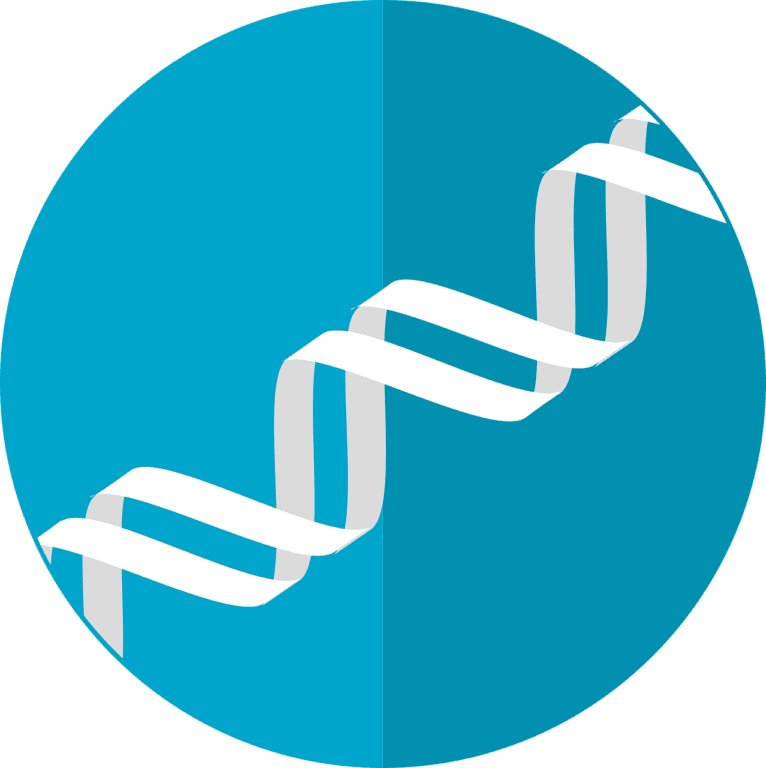According to a story from PharmaTimes, the gene therapy company Bluebird bio has released updated results from a clinical study of its Lenti-D gene therapy as a treatment for patients with cerebral adrenoleukodystrophy, a rare disorder. The results from this trial are highly encouraging and suggest that the company’s gene therapy warrants further development and investigation.
About Adrenoleukodystrophy
Adrenoleukodystrophy is a genetic disease which is linked to the X chromosome. It is most characterized by the accumulation of fatty acids because the enzymes that process them are not functioning normally. This leads to damage of the myelin sheath, an insulating, fatty layer that coats nerve cells and is essential to their function. Adrenoleukodystrophy is caused by mutations that affect the ABCD1 gene. The presentation of this disease varies significantly. This makes the process of diagnosis very difficult in many cases. Some patients have no symptoms, but when they do appear, they often include neurodegeneration, paraparesis, neuropathy, behavioral abnormalities, adrenal insufficiency, and dementia. Symptoms often progress in severity without treatment. Treatment of adrenoleukodystrophy may include gene therapy, stem cell transplant, and changes in diet. These treatments are often only effective in the early stages of the disease. To learn more about adrenoleukodystrophy, click here.
About The Study
The main endpoint that was used in the study was the percentage of patients that were still alive and free of major functional disabilities at the end of a 24 month period. The results revealed that just three of the 32 adrenoleukodystrophy patients in the study failed to meet this endpoint. 88 percent of the patients that reached the primary endpoint at the conclusion of the study continue to remain free of major disabilities.
The 14 patients that are still in the follow-up period after treatment administration continue to remain free of major functional disabilities. Overall the findings are highly encouraging and it appears that Lenti-D could be a real breakthrough therapy for adrenoleukodystrophy. The cerebral form is considered the most severe type of the disease and can be fatal without treatment.







